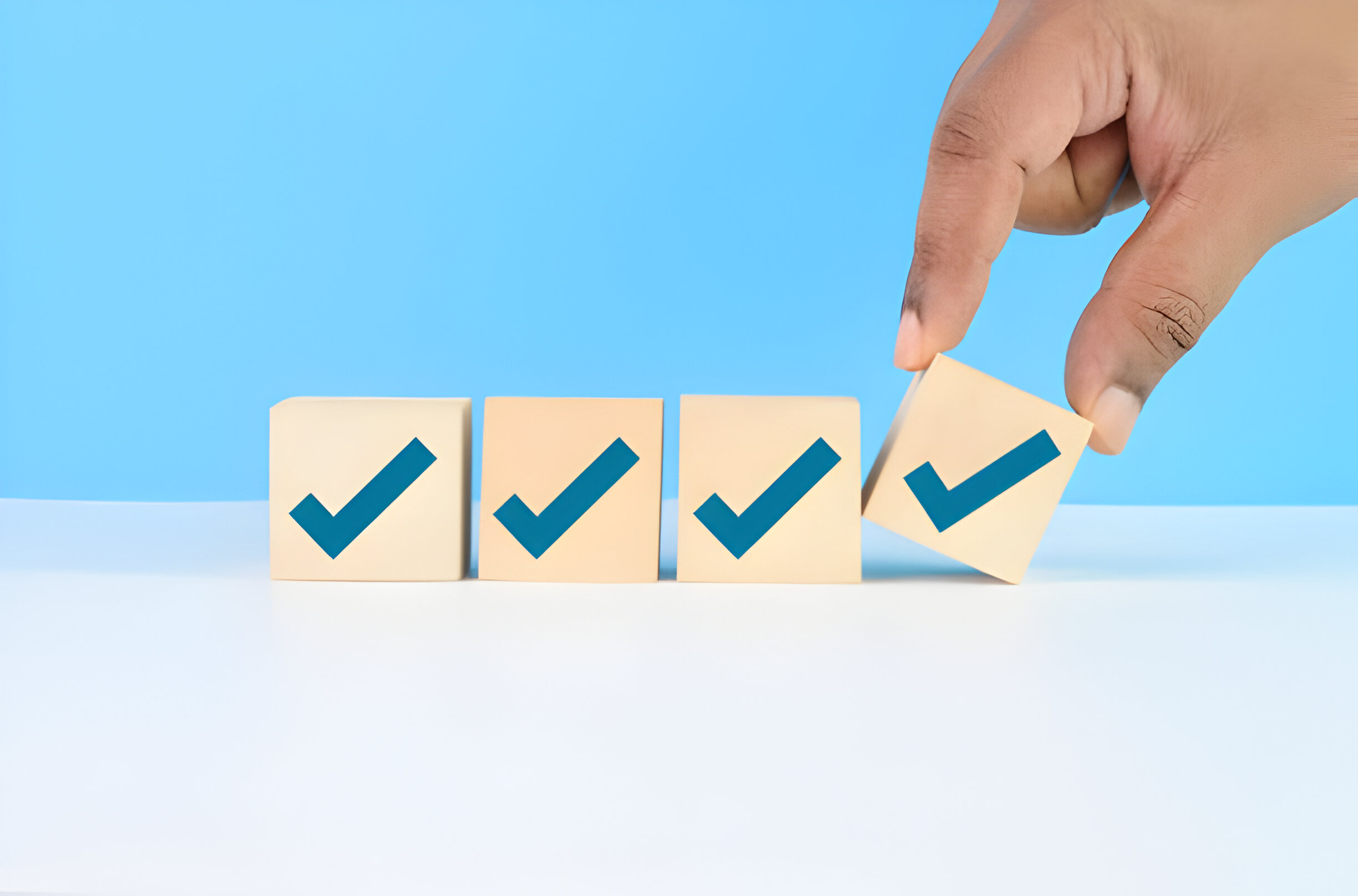Self-assessment is a critical component of personal and professional development

SWOT Analysis
A SWOT analysis is a simple yet powerful tool for self-assessment. It involves evaluating your Strengths, Weaknesses, Opportunities, and Threats. This method helps you gain a comprehensive understanding of your current situation and future potential.
Strengths:
Identify what you excel at, your unique skills, and positive attributes.
Weaknesses:
Recognize areas where you need improvement or lack certain skills.
Opportunities:
Look for external factors that you can take advantage of to achieve your goals.
Threats:
Consider external challenges that could hinder your progress.
By conducting a SWOT analysis, you can create a strategic plan to leverage your strengths, address your weaknesses, capitalize on opportunities, and mitigate threats.
“Self-assessment: The compass to your potential”
360-Degree Feedback
360-degree feedback is a comprehensive assessment tool that gathers feedback from various sources, including peers, subordinates, supervisors, and even clients. This multi-source feedback provides a well-rounded view of your performance and behaviour.
Peers:
Gain insights from colleagues who understand your work style and interpersonal skills.
Subordinates:
Understand how those you manage perceive your leadership and communication abilities.
Supervisors:
Receive feedback on your performance from those who oversee your work.
Clients:
Learn about your effectiveness and professionalism from the people you serve.
This tool helps identify blind spots and areas for improvement that you might not be aware of, facilitating a more objective self-assessment.
“Invest in yourself through honest self-reflection”
Self-Reflective Journals
Keeping a self-reflective journal is an introspective approach to self-assessment. It involves regularly writing about your experiences, thoughts, and feelings related to your personal and professional life.
Daily Reflections:
Document your daily achievements, challenges, and learnings.
Goal Setting:
Write down your short-term and long-term goals and track your progress.
Emotional Insights:
Explore your emotions and reactions to various situations to understand your emotional intelligence.
Regular journalling encourages continuous self-reflection, helping you gain deeper insights into your behaviour, thought patterns, and personal growth.
“Your journey starts with a clear understanding of where you stand”
Personal Development Plans (PDPs)
A Personal Development Plan (PDP) is a structured framework for setting goals and tracking progress. It involves identifying your career and personal objectives, the skills you need to achieve them, and a time-line for development.
Goal Setting:
Clearly define your short-term and long-term goals.
Skill Assessment:
Evaluate your current skills and identify gaps that need to be addressed.
Action Plan:
Develop a step-by-step plan to achieve your goals, including resources and support needed.
PDPs provide a clear roadmap for self-improvement, making it easier to stay focused and motivated.
“Self-assessment: Unlocking your hidden strengths”
Personality and Aptitude Tests
Personality and aptitude tests are standardized tools that assess various aspects of your character, skills, and potential.
Myers-Briggs Type Indicator (MBTI):
Understand your personality type and how it influences your behaviour and interactions.
StrengthsFinder:
Identify your natural talents and strengths to leverage them in your personal and professional life.
Emotional Intelligence (EQ) Tests:
Assess your ability to recognize, understand, and manage your emotions and those of others.
These tests provide valuable insights into your innate abilities and preferences, helping you make informed decisions about your career and personal development.




